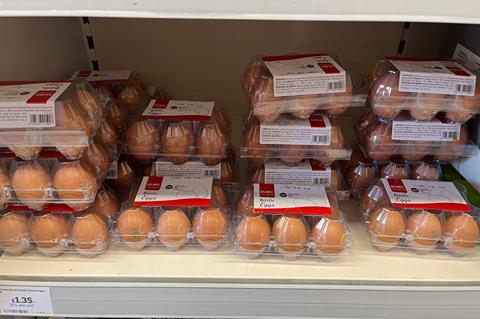
Sainsbury’s has come under fire for continuing to sell imported eggs in its stores, some six months after it stressed the move was temporary when it broadened its supplier base last November.
The retailer resorted to stocking eggs sourced via Italian supplier Atlante Ingredients amid mounting egg shortages across mults – which first emerged last autumn after many months of warnings that producers were being paid too little for their produce.
And despite The Grocer reporting last week that egg supplies could soon return to normal levels, gaps remain on many supermarket egg fixtures.
Sainsbury’s this week declined to give a timeline for when it would end its policy of sourcing eggs by Atlante, but said it would do so “as soon as possible”. Atlante’s produce has often represented the only eggs available in some Sainsbury’s stores in recent months.
Capitalise
It comes as a report in The Times last weekend revealed that other Italian producers were looking to capitalise on the UK’s egg supply crisis, with the value of Italian egg exports to Britain rising to €1m last year, up up from just €23,000 in 2021. UK food industry sources have also suggested other retailers have been considering following Sainsbury’s lead in resorting to imported eggs to fill shelves.
But in response, the British Egg Industry Council this week said “consumers deserve better than this, as do the British farmers who have invested millions in ensuring that British Lion eggs are the safest in the world”.
“[We] warned more than a year ago that unless retailers were prepared to help producers with the unprecedented costs of production they were facing, then production would be curtailed. This is exactly what has happened and now consumers are facing the consequences,” said Mark Williams, BEIC chief executive.
The industry body warned that unlike British Lion eggs, imported eggs were not deemed safe enough to be approved by the Food Standards Agency to be eaten runny or by vulnerable groups.
“We urge retailers who have chosen to stock imported eggs to make it absolutely clear that the imported eggs need to be thoroughly cooked and cannot safely be eaten runny by young children, the elderly or during pregnancy,” Williams added.
Barn eggs
The barn eggs supplied to Sainsbury’s by Atlante are currently selling for £1.35 for a pack of six – and represent a departure from Sainsbury’s policy to stock only free-range eggs.
The retailer this week reiterated its line that supermarkets were currently experiencing some supply challenges and it was “temporarily sourcing some eggs from Italy, which would be clearly labelled on the packaging” in order to maintain availability.
But in the meantime the Italian eggs on shelf had undergone all the necessary tests and the hens had had all the required vaccinations to ensure safety for customers, it stressed.
“At Sainsbury’s we are committed to sourcing British as much as possible and continue to work hard with our suppliers across the UK to ensure customers can buy what they need,” said a Sainsbury’s spokeswoman, who also pointed out the eggs fulfilled its cage-free policy.
Waitrose, Tesco, Lidl and Morrisons have all confirmed they have no current plans to stock imported product. Asda did not repsond to The Grocer’s request for comment.
“Supply is slowly improving as the industry works through the multiple challenges that have dented confidence in producers’ ability to put British eggs on the shelf without losing money, and there should be no compromise in the high standards that British shoppers rightly take for granted,” insisted Williams.







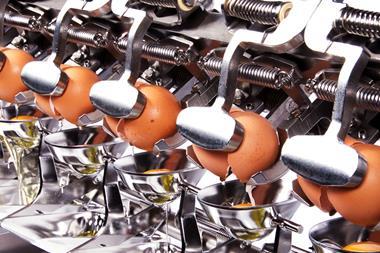
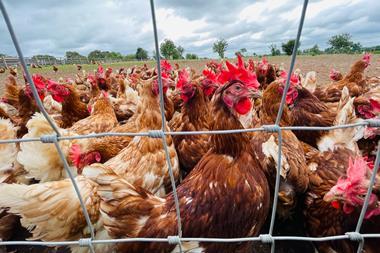
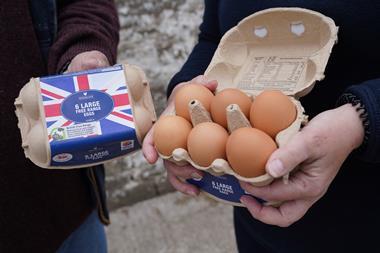
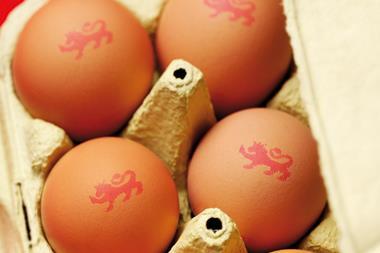

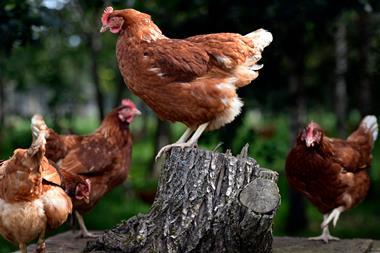
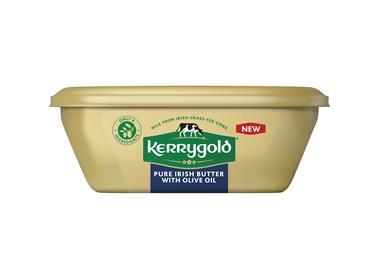


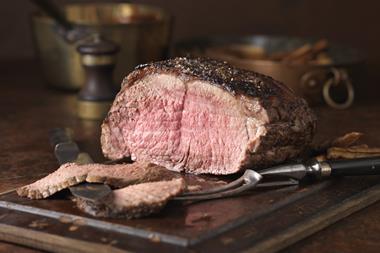


2 Readers' comments